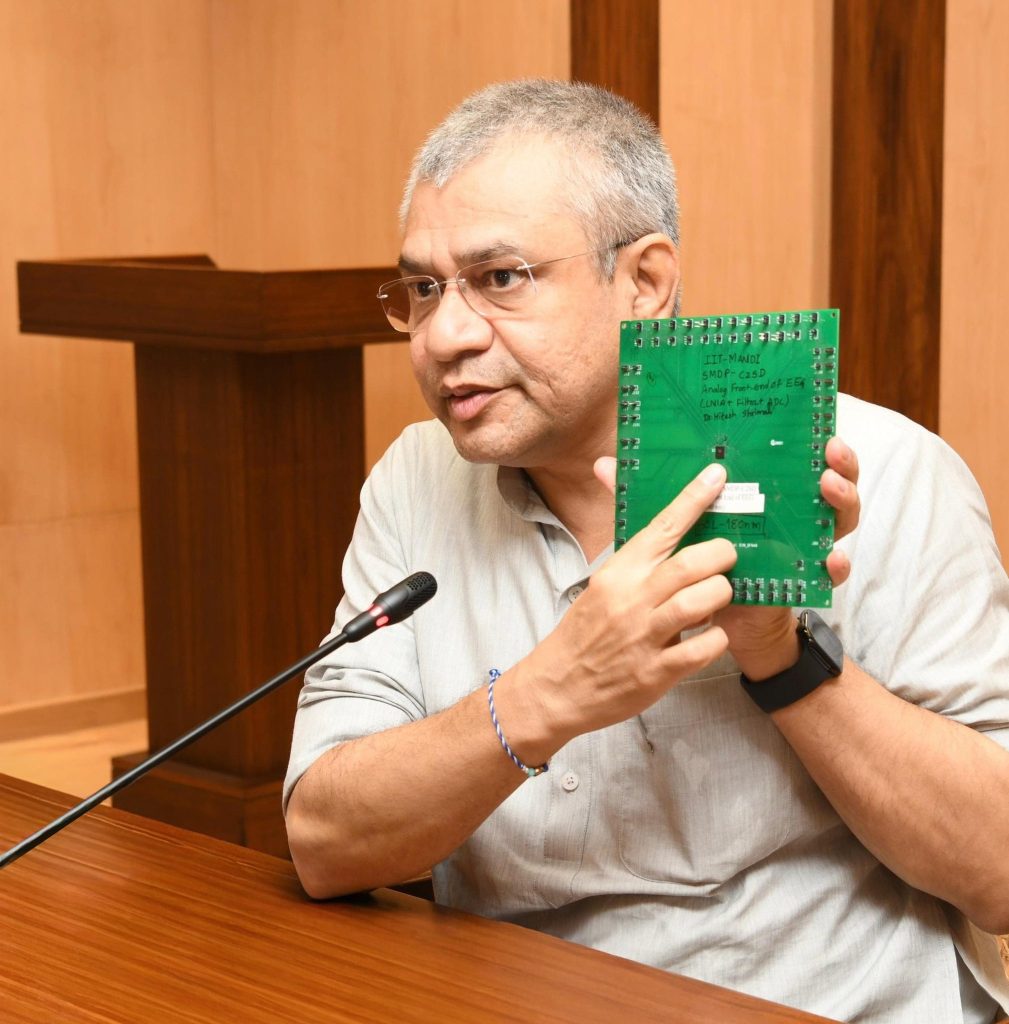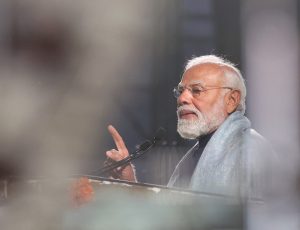India’s Student Engineers Achieve Breakthrough with 20 Indigenous Chips

Photo Credit: @AshwiniVaishnaw
India’s semiconductor ambitions received a major boost as 20 indigenous student-designed chips were successfully fabricated at the Semi-Conductor Laboratory (SCL) in Mohali. Union Minister for Electronics & IT Ashwini Vaishnaw announced the achievement through a social media post, highlighting the role of the nation’s young talent in advancing chip design and manufacturing.
The chips were developed by students from 17 premier engineering institutions, including several IITs, under the Design Linked Incentive (DLI) Scheme. Launched with an outlay of ₹1,000 crore, the DLI Scheme aims to strengthen India’s semiconductor ecosystem by supporting domestic companies, startups, and MSMEs in designing and commercializing chip solutions.
Given the high entry barriers, long development cycles, and global competition in the semiconductor sector, the scheme offers design infrastructure support like Electronic Design Automation (EDA) tools and IP cores for early prototyping. It also provides financial incentives of up to 50% of eligible costs, capped at ₹15 crore per application, and additional incentives of 4–6% of net sales turnover for commercialization over five years.
Since its launch in December 2021, the DLI Scheme has approved access to advanced EDA tools for 278 academic institutions under the C2S programme and 72 startups. Financial support has already been sanctioned to 23 firms for chips in applications such as surveillance cameras, energy meters, microprocessor IPs, and networking.
Of these, 10 companies have secured venture capital to scale their prototypes, while six have completed tape-outs at semiconductor foundries, marking significant progress toward India’s goal of self-reliance in chip technology.
Source: The Economic Times




